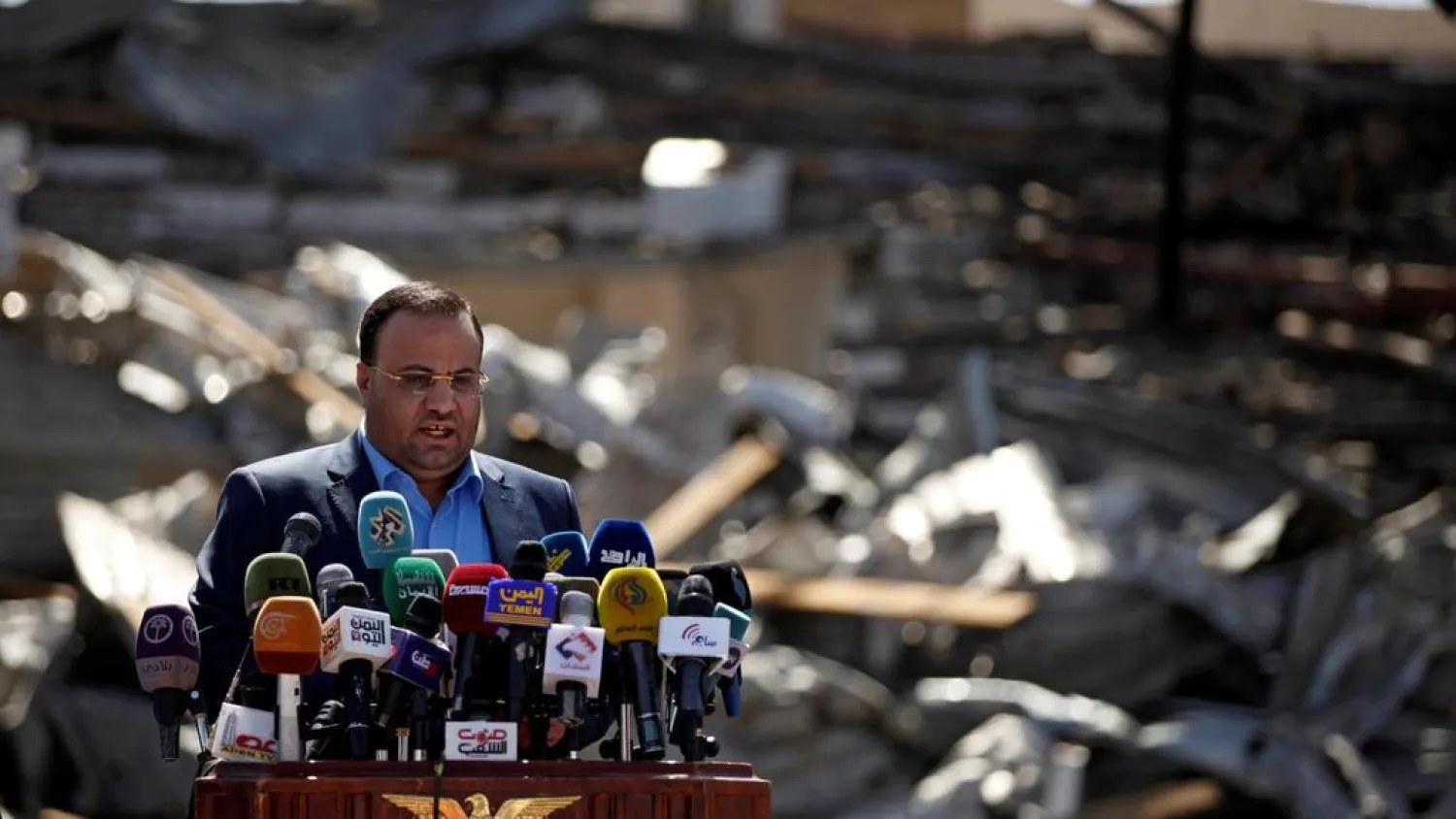Houthi militias buried on Saturday leader of its council Saleh al-Sammad in the Sabeen Square, near the memorial of the unknown soldier and facing al-Saleh Mosque.
The Iran-backed group sought to organize a massive funeral for its leader, who was killed by a Saudi-led coalition air raid some ten days ago, in an effort to portray him before the public as a legitimate leader instead of a figure in a militia, which is not internationally recognized.
The location of the burial sparked widespread anger among the Yemenis, who viewed it as a “Houthi violation of the symbolism of the place Yemenis had chosen decades ago as a memorial for Yemen's unknown soldiers, who took part in the 1962 revolution that overthrew the Imam rule.”
Despite the large funds paid by the Houthi to their followers to participate in the funeral and the forced attendance of employees and students, the turn out was unusually slow because the majority of Sanaa residents, except those loyal to the militia, refused to obey their orders.
Mahdi al-Mashat, who was appointed as Sammad’s replacement as the head of the Supreme Political Council, was present at the funeral along with other senior leaders, such as the cousin of its leader, Mohammed Ali al-Houthi.
Houthi delivered a speech at al-Saleh Mosque before Sammad’s corpse was buried in a nearby location west of the mosque.
In addition to the militias' violation of the symbolism of the location, activists in the General People's Congress (GPC) noted that this same area was where the first shot was fired against former President Ali Abdullah Saleh, his relatives, party leaders and civilian supporters in December.
The former president was killed by the Houthis in December only days after he announced that he was severing his alliance with them and ready to open a new chapter in ties with the Saudi-led Arab coalition.









